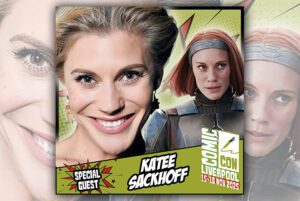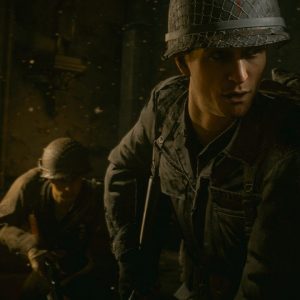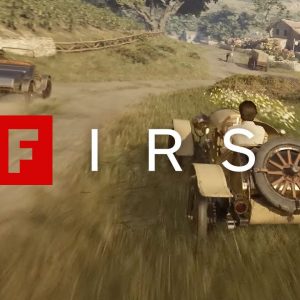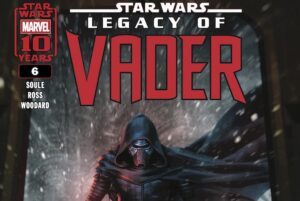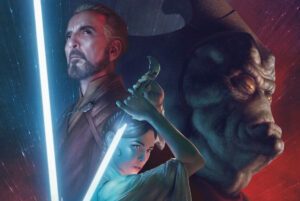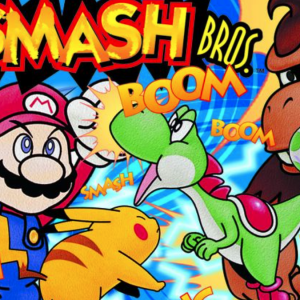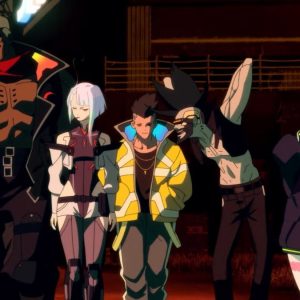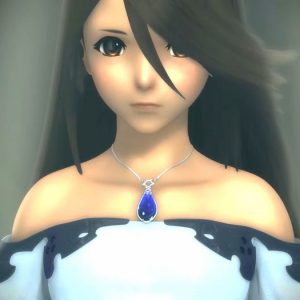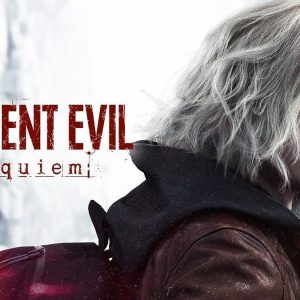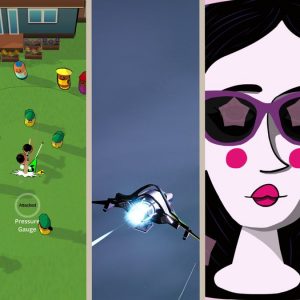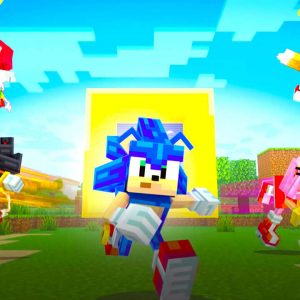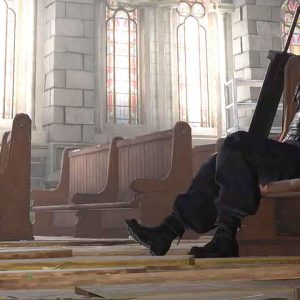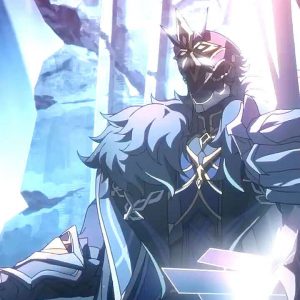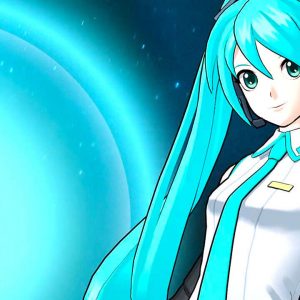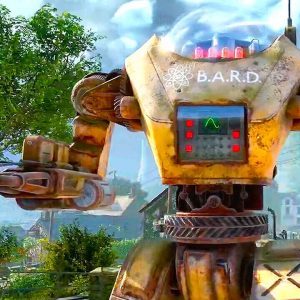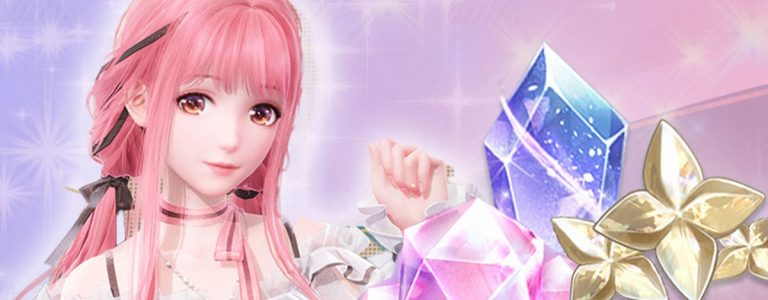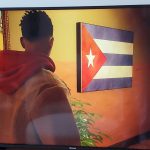“Art is about how you relate to the human experience.”
Episode 3 of Humans Who Make Games features Christine Love, the writer and developer behind popular indie games such as Digital: A Love Story, Analogue: A Hate Story, and Ladykiller in a Bind.
Adam Conover, the host of Humans Who Make Games chatted with Love about everything from how she dropped out of college to pursue Analogue: A Hate Story to incorporating queer relationships into games.
Listen to Humans Who Make Games Episode 3.
Love’s only formal programming training was at a two-week long summer camp with five other kids in a basement, as she felt more connected to writing before combining the two later on.
“Just learning how to clone Pac-Man in Visual C++. That was enough,” Love said.

Digital: A Love Story was Love’s first game, and she purposely chose to set the game a year before she was born, in 1988. Even though the game was released in 2010, Love chose to have a retro BBS interface, as she was inspired by the book, The Hacker Crackdown by Bruce Sterling, which was all about the hacker crackdown era in the ’80s.
While working on Analogue: A Hate Story – basically a sequel to Digital – Love ended up dropping out of college one year before she was set to graduate, as she was struggling with poor grades. She said she had two choices: to either finish school or finish the game, hoping to make enough money from it to pay rent. “It was the dumbest decision of my life, but also the best one.”
“
It was the dumbest decision of my life, but also the best one.
Love thinks the indie community is a great way for the non-traditional artist or programmers to find a job.
“I feel like lately the way games have been democratized is that you are starting to see people from frankly even poorer financial situations than I was ever in actually have some hope of like getting by, and queer artists who couldn’t like even necessarily hold traditional work, or people like with mental illness who can’t hold traditional work who like wouldn’t get hired are finding ways.”
On her thoughts of inclusivity in games, Love talks about the importance of perspectives from all different people to end up with the best artwork. “By an outside perspective, you’re making art that is different and is interesting and isn’t just representing the same sort of well-off white male nerds with a certain history,” she said. “You are getting perspective outside of that and as a result, you get better artwork – because I feel like art is just always elevated by being able to pull from different influences and different people’s perspectives.”
“
Art is about how you relate to the human experience.
“Art is about how you relate to the human experience,” Love said, “and like there is more than sentimentality. There’s more than just feeling bad.”
In terms of relationships and the narratives, Love said it’s more than just the end game.
“In a lot of games… often love stories start with – or rather they end with – someone gets the girl and you know they kiss or they fuck or they whatever and like that’s it. That’s the endpoint, that’s the ‘you win’. ‘You got it’. But that’s that not really how relationships work… like romance isn’t just the chase. It’s actually being with someone,” Love said.
For more on Love’s process when creating visual novels and to hear her thoughts on plot twists and surprises in narratives, listen to the full episode 3 of Humans Who Make Games podcast and subscribe on iTunes so you don’t miss an episode.
Jessie Wade is a writer at IGN. Chat with her on Twitter @jessieannwade.
